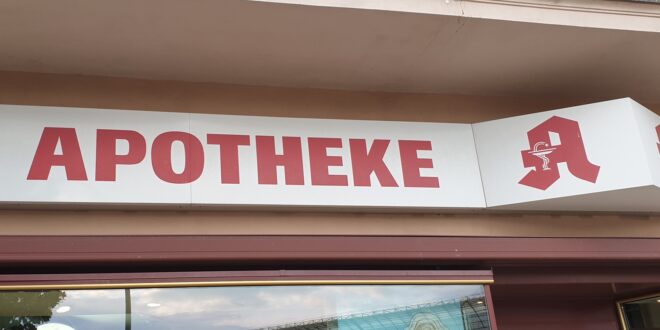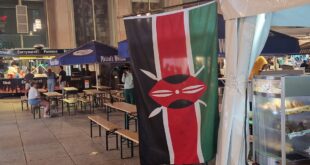At the beginning of the year, we informed you about the general changes that will affect people living in Germany in 2024. From February, some changes will come into effect that will affect many areas of life. We have summarised what exactly will change here:
—-
New regulation for co-payment for medications
Anyone who takes a doctor’s prescription to the pharmacy and has a statutory health insurance usually has to make a co-payment of ten per cent of the price of the medication, up to a maximum of ten euros (Medikamentenzuzahlung). Something will change in this respect from February 2024. If the prescribed medication is not available in the prescribed size and therefore, for example, two smaller packs of the medication have to be dispensed, the patient no longer has to make a co-payment for each pack, as was previously the case. From now on, the co-payment is based on the quantity dispensed, i.e. the pack size of the medication. In other words, the co-payment is only due once, regardless of whether you buy 100 tablets in one pack or two packs of 50, for example.
Origin of meat must be labelled
From 1 February 2024, there will be a change in food labelling. The indication of the origin of goat, sheep, poultry and pork meat offered for sale will be required by law. Important in the labelling are the place of rearing and the place of slaughter. Even if most of the meat comes from the same source and only small quantities have been brought in from other sources, this must be stated accordingly.
In the case of minced meat or cuts, it is sufficient to state “reared and slaughtered in the EU” or “outside the EU”. Meat without a mandatory indication of origin may still be sold until the stock is finished.
Funding for heating replacement
Anyone who replaces a heating system as part of an energy-efficient renovation can apply for funding from the Federal Fund for Energy-Efficient Buildings (Bundesförderung energieeffiziente Gebäude, BEG).
Applicants are expected to be able to register with the KfW development bank from 1 February 2024. Applications for the subsidy will then be possible from 27 February. The new Heating Act provides for climate-friendly heating systems to be subsidised by up to 30%. In some cases, applicants will receive even more money under certain circumstances.
Four-day week with full pay
Fifty companies in Germany are introducing a change in working hours on 1 February 2024. Working hours will be reduced to a four-day week with full pay. The project will last six months and will then be scientifically analysed. The aim is to test whether a reduction in working hours could go hand in hand with an increase in productivity.
Shorter alternative custodial sentences
People who are unable to pay a fine must go to prison. Until now, the duration of the substitute custodial sentence corresponded to the sentenced daily rates of the person concerned. One daily rate was equivalent to one day in prison. In February 2024, a change to the law that was passed in June 2023 will come into effect: The so-called alternative custodial sentence will be halved. In concrete terms, this means that only half a day’s imprisonment will be served for each daily sentence imposed.
Leap year 2024 brings an extra day in February
This is not a change, but an event that only happens every few years: In 2024, due to a leap year, we have an extra day, 29 February 2024. This means that the year is one day longer and finally some can celebrate their birthday on their actual day of birth again.
Femi Awoniyi
 THE AFRICAN COURIER. Reporting Africa and its Diaspora! The African Courier is an international magazine published in Germany to report on Africa and the Diaspora African experience. The first issue of the bimonthly magazine appeared on the newsstands on 15 February 1998. The African Courier is a communication forum for European-African political, economic and cultural exchanges, and a voice for Africa in Europe.
THE AFRICAN COURIER. Reporting Africa and its Diaspora! The African Courier is an international magazine published in Germany to report on Africa and the Diaspora African experience. The first issue of the bimonthly magazine appeared on the newsstands on 15 February 1998. The African Courier is a communication forum for European-African political, economic and cultural exchanges, and a voice for Africa in Europe.



































